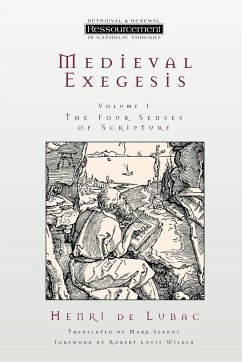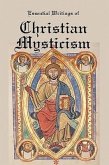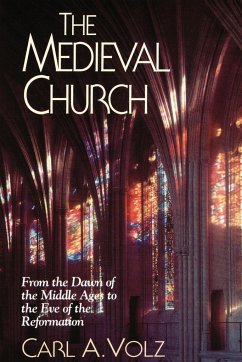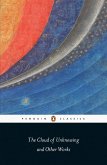Originally published in French as Exégèse médiévale, Henri de Lubac's multivolume study of medieval exegesis and theology has remained one of the most significant works of modern biblical studies. Available now for the first time in English, this long-sought-after volume is an essential addition to the library of those whose study leads them into the difficult field of biblical interpretation. The first volume in de Lubac's multivolume work begins his comprehensive historical and literary study of the way Scripture was interpreted by the church of the Latin Middle Ages. Examining the prominent commentators of the Middle Ages and their texts, de Lubac discusses the medieval approach to biblical interpretation that sought "the four senses" of Scripture, especially the dominant practice of attempting to uncover Scripture's allegorical meaning. Though Bible interpreters from the Enlightenment era on have criticized such allegorizing as part of the "naivete of the Middle Ages," de Lubac insists that a full understanding of this ancient Christian exegesis provides important insights for us today.
Bitte wählen Sie Ihr Anliegen aus.
Rechnungen
Retourenschein anfordern
Bestellstatus
Storno








